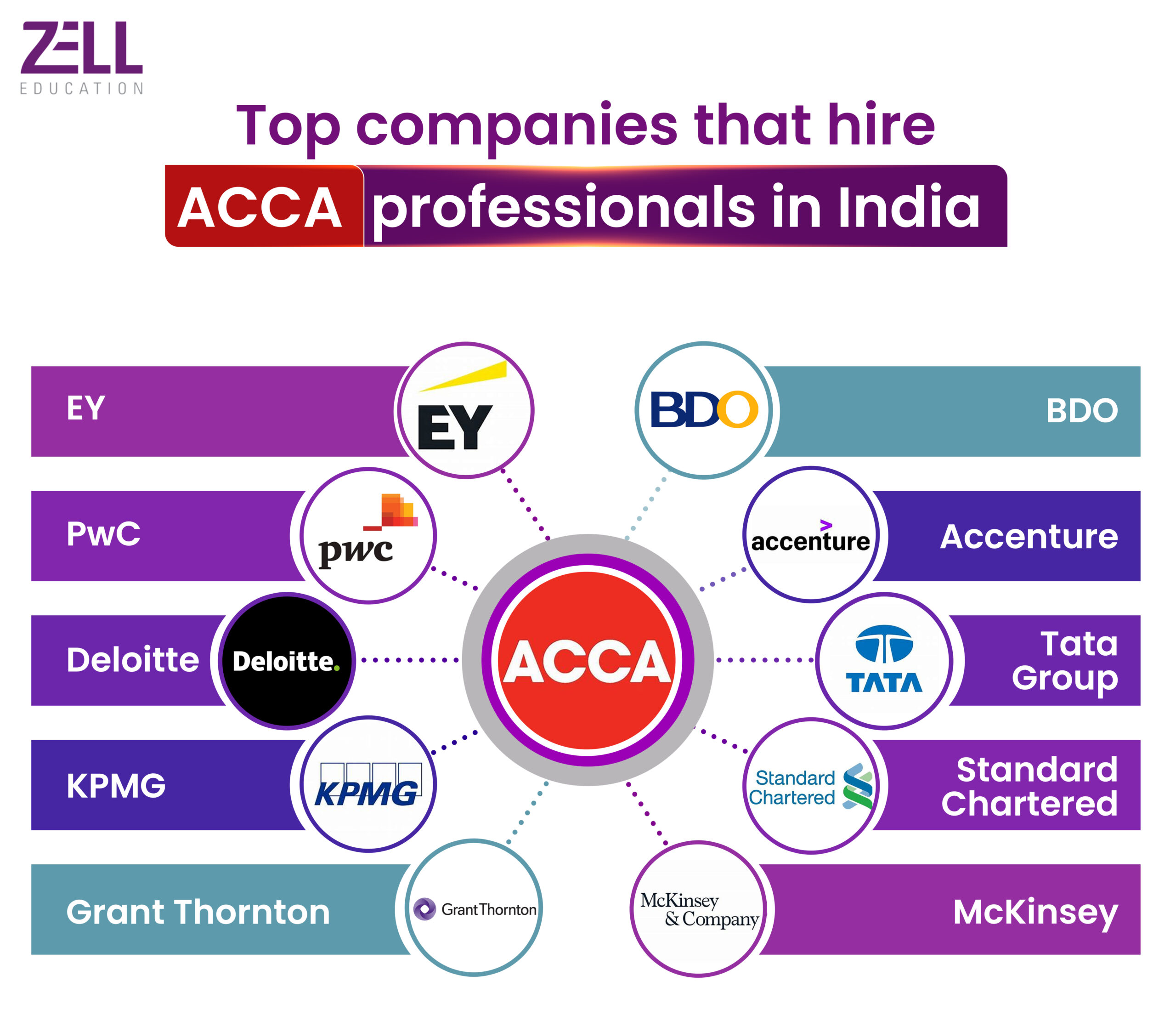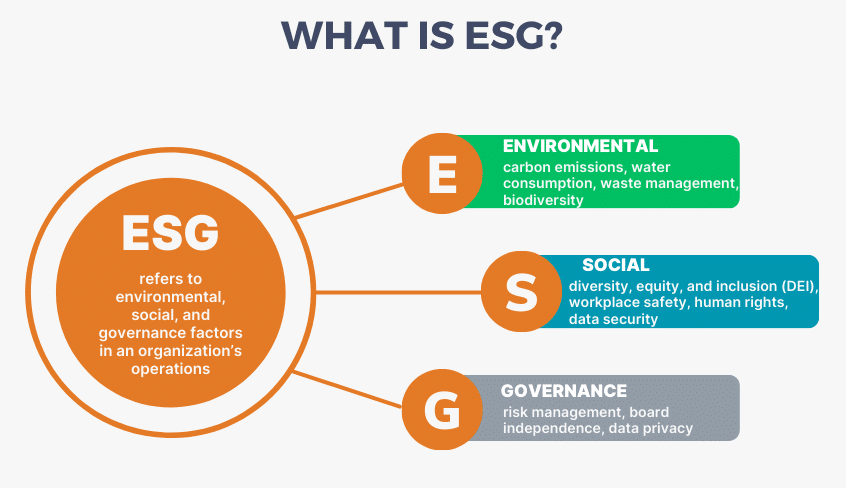ACCA Course Subjects Explained: Which Ones Build the Strongest Career Foundation?

Strong 8k brings an ultra-HD IPTV experience to your living room and your pocket.
Thinking about a career in finance or accounting? The ACCA Course subjects are the building blocks you’ll work with. These courses provide you abilities that you can use throughout your career, not only to help you pass tests.
In this blog, we’ll talk through all the ACCA subjects, what you’ll learn in them, and how they set you up for success.
What Is the ACCA Full Form and Why Do People Choose It?
The ACCA full form stands for Association of Chartered Certified Accountants and it's one of the most recognized qualifications in the accounting world. People pick this course because it mixes business knowledge, financial skills, ethics, and international standards, all in one place.
Whether you’re aiming to work in audit, taxation, financial management, or advisory, this course has something to offer. But to really get value from it, you need to understand what each subject brings to the table.
The Basics: What Are ACCA Subjects?
The ACCA course is made up of 13 subjects in total. They’re grouped into three levels:
Applied Knowledge
Applied Skills
Strategic Professional
You’ll go through these in order, and each ACCA level builds on the one before it.
These ACCA subjects are not just academic topics. They shape how you think, how you solve real business problems, and how you grow as a professional.
Applied Knowledge Level
This level gives you a solid starting point. It covers:
Business and Technology (BT)
Management Accounting (MA)
Financial Accounting (FA)
These are your foundation ACCA course subjects. You learn how businesses work, how to manage costs, and how to prepare accounts.
These subjects are often seen as the most direct way to build your basics. They shape how you think about business from day one, for example:
In BT, you’ll get to know how organisations work.
MA teaches you how to handle budgeting and costs.
FA shows you how to prepare and read financial statements.
If you’re someone who’s just starting out, these are the tools you’ll use the most early on.
Applied Skills Level
This level moves you closer to real-world business needs. The subjects are:
Corporate and Business Law (LW)
Performance Management (PM)
Taxation (TX)
Financial Reporting (FR)
Audit and Assurance (AA)
Financial Management (FM)
Let’s break down why each one matters.
LW – Corporate and Business Law
This subject builds your legal awareness. Every business works within a legal system. Knowing these rules gives you confidence.
PM – Performance Management
Here you start solving problems using numbers. Think of it like financial decision-making. This skill comes in handy in most finance roles.
TX – Taxation
Whether you work in India, the UK, or elsewhere, taxation matters. You’ll learn how to deal with personal and business tax. This subject has real practical value.
FR – Financial Reporting
Now you take your knowledge from FA further. You’ll learn to handle company accounts and reports that go beyond the basics.
AA – Audit and Assurance
Audit is a key area in accounting. This subject builds your ability to check the truth behind the numbers.
FM – Financial Management
This one is about using money wisely in business. From investments to risk, this subject gets you ready for decision-making roles.
Strategic Professional Level
This is the final level. It has both required and optional subjects.
Compulsory Subjects:
Strategic Business Leader (SBL)
Strategic Business Reporting (SBR)
Optional Subjects (choose any two):
Advanced Financial Management (AFM)
Advanced Performance Management (APM)
Advanced Taxation (ATX)
Advanced Audit and Assurance (AAA)
At this level, you’re not just learning—you're thinking like a leader.
SBL teaches leadership skills, planning, ethics, and decision-making. SBR focuses on real-world financial reporting and how it affects decisions in business.
For those who want to go deeper into their chosen path, the optional subjects help you pick a lane. Want to be a tax expert? Go for ATX. Want to be an audit head? Choose AAA.
You can match your choices to your career goals.
Which Subjects Build the Strongest Career Foundation?
While every subject matters, a few stand out when it comes to building a strong base:
Financial Accounting (FA)
Management Accounting (MA)
Financial Reporting (FR)
Financial Management (FM)
Strategic Business Leader (SBL)
These ACCA course subjects shape how you handle money, make decisions, and lead a team. If you get these right, you’re ready for almost any role in finance.
Whether you're working in audit, tax, finance, or consulting, the skills from these subjects come up again and again.
How to Choose Your Optional Subjects
This depends on your interest and career goal:
Like working with investments or banks? Choose AFM.
Enjoy fixing business processes? Pick APM.
Want to become a tax consultant? Go with ATX.
Prefer checking systems and reports? Select AAA.
You don’t need to guess. Look at job roles you admire. See what they ask for. Match your choices with those.
Final Thoughts
Every single one of the ACCA subjects adds value. Some help you in technical areas. Others build your people and leadership skills.
The real strength comes when you see how they all connect. You’ll think clearly, make smart calls, and be ready for what companies need.
Whether you're
just beginning with BT, or about to take on SBL, remember: each subject moves you closer to being the professional companies want to hire.
Note: IndiBlogHub features both user-submitted and editorial content. We do not verify third-party contributions. Read our Disclaimer and Privacy Policyfor details.



